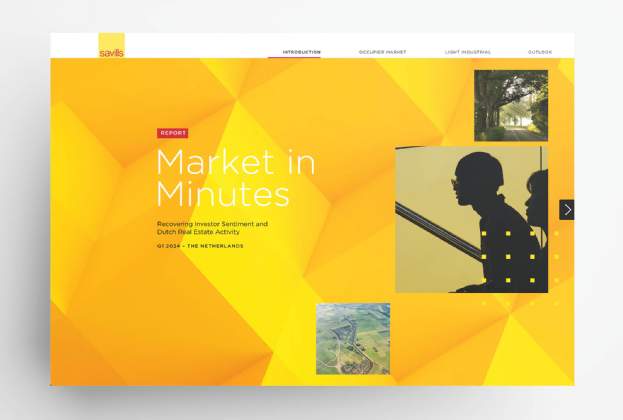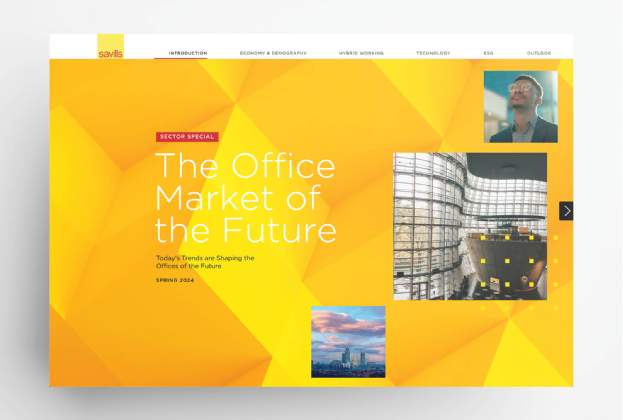NO STONE UNTURNED: 'WITH AI YOU CAN CREATE MILLIONS OF A REAL ESTATE DESIGN'
The development of Artificial Intelligence, or AI, will turn the world upside down in the coming years. AI will also bring change to the real estate sector. This makes it possible to design the ideal building, thanks to the millions of variants that AI can create.
This is according to Herman Kienhuis, co-founder of Curiosity Venture Capital, an investor in tech start-ups. “You can create millions of variants when you design a new building. And then you can filter those variants with your own criteria. As a result, you get the best design, created by an algorithm.”
Maurice van Tilburg, managing director of TechLeap, also sees the real estate sector changing under the influence of AI. “With AI you can make predictions. About traffic flows, about travel behaviour, about hotspots. That is interesting if you build real estate.” With the help of AI, you can improve the air in a building or its energy.
And then there is the valuation of real estate. “It will change,” says Van Tilburg firmly. “You now have to standardise in order to be able to compare. However, in the future, AI will make that comparison for you.” To determine the value, you no longer look at past transactions, but make predictions for the future. “With a certain amount of caution, because predictions are never 100 percent accurate.”
Tech is still growing strongly
The tech sector is very important for the entire economy. And the growth is not over yet, says Van Tilburg. “By 2030, we expect that market to grow by 60 percent of the AEX. That means that 250,000 jobs will be created.” However, that does not immediately mean that thousands of offices will also be needed. “That depends on the stage the company is at, and on the specific sector. Some tech companies mainly work from home and are not looking for much office space. Yet when they get bigger, they want an iconic building. For example, Adyen on the Rokin, or Booking.com with a large building in the centre of Amsterdam.”
In addition, creating a community is an important factor for the tech sector. “The closer those companies are to each other, the more they grow, ” says Van Tilburg. “They can then exchange ideas and help each other, and grow together. Tech companies like to sit together.”
You should focus on a specific sector, says Herman Kienhuis. “There is not one tech sector. You have subsectors, and you have to organise the communities that way. For example, you have biotech, energy, energy transition, urban mobility.” It is interesting for the real estate sector to create those communities, concludes Kienhuis. "Then they are not only tenants, but also partners."
Read more about Savills Tech Cities research programme here. Savills Netherlands will soon be publishing additional research on the Dutch Tech ecosystem.
.jpg)
.jpg)

.jpg)
.jpg)
.jpg)
.jpg)
.jpg)

.jpg)
